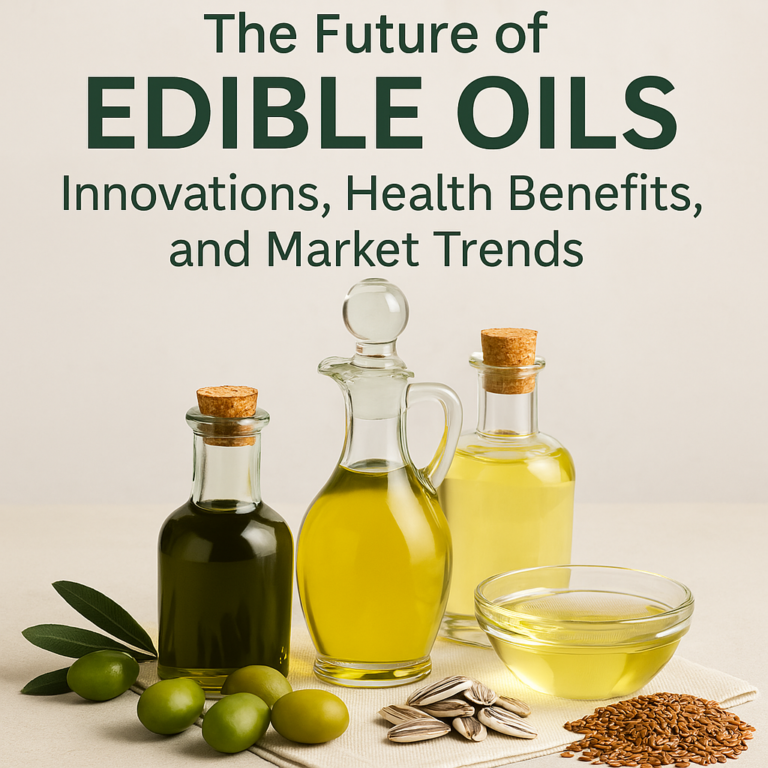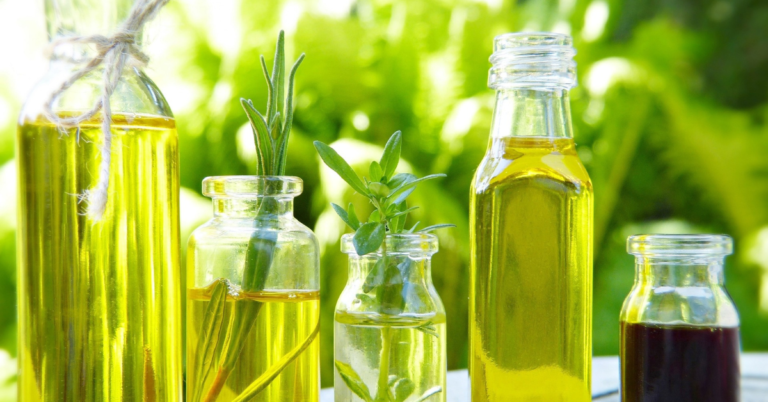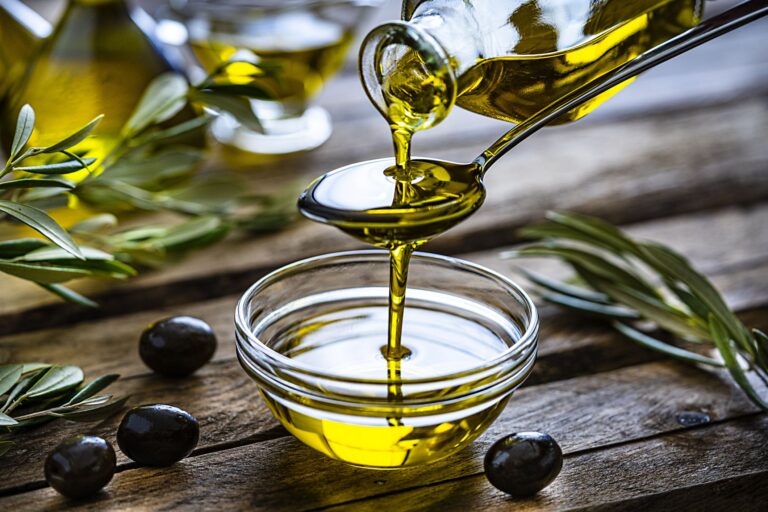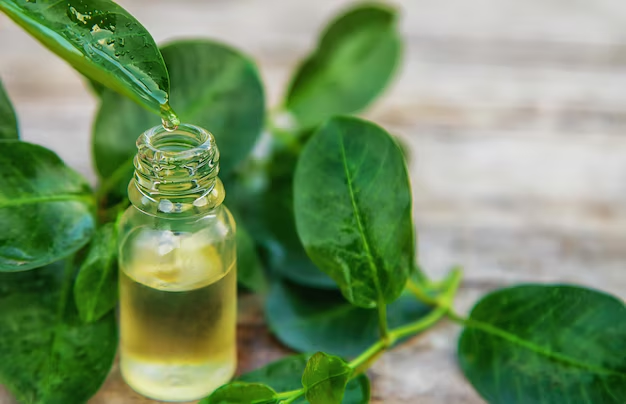
A Mother’s Simple Lesson
It was a rainy evening when my grandmother called me to the kitchen. I was only ten, and she handed me a bottle of oil, saying, “Keep this in a cool, dark place.” I nodded but didn’t ask why. Years later, as I began exploring the science behind cooking and health, I understood her wisdom. Storing edible oils properly isn’t just about keeping them from spoiling—it’s about preserving their nutrients and flavors, which are crucial for our health.
Whether you use mustard oil for your pickles or olive oil for your salads, how you store them matters. This blog will help you master the art of storing edible oils while keeping their goodness intact.
Understanding the Basics
Edible oils are essential in our daily lives, providing not only flavor but also numerous health benefits. From heart-friendly oils like olive and mustard to versatile ones like palm and coconut, each oil has its unique properties. However, improper storage can degrade their quality, robbing them of nutrients and potentially affecting their taste.
In the global market, palm oil remains the most consumed edible oil due to its versatility and affordability. However, the health benefits of edible oils such as mustard oil, olive oil, and cold-pressed coconut oil are increasingly gaining attention.
Factors That Affect Freshnes
Light Exposure
Light is one of the main culprits that degrade edible oils. It triggers oxidation, causing the oils to turn rancid. According to a study by the American Oil Chemists’ Society, oils stored in transparent containers lose their nutritional value 2-3 times faster than those in opaque bottles.
Temperature Fluctuations
High temperatures accelerate the breakdown of oils, leading to loss of essential nutrients. Coconut oil, for instance, retains its quality better in a cool environment compared to olive oil, which can endure slightly warmer temperatures.
Air Contact
When oils come into contact with air, oxidation begins. This process not only changes the flavor but also reduces the oil’s nutritional benefits. Cold-pressed oils are particularly sensitive to air exposure due to their minimal processing.
Tips for Storing Properly
Cool, Dark Places
A pantry or cupboard away from sunlight is ideal. For oils like mustard and coconut, refrigeration can extend their shelf life. Proper storage ensures the health benefits of mustard oil and other oils are preserved for longer.
Choosing the Right Containers
Always opt for dark glass bottles or stainless steel containers to minimize light and air exposure. Plastic containers may leach chemicals into the oil over time, which can affect its taste and quality.
Tight Seals
Ensure the lids are tightly closed after every use. This simple habit can prevent oxidation and keep your oil fresh, maintaining the nutritional benefits of edible oil.
Popular Oils and Their Needs
Comparing Coconut and Olive Oil
Coconut oil, with its saturated fat content, has a longer shelf life compared to olive oil, which is rich in monounsaturated fats. While both can benefit from storage in a cool place, olive oil is more prone to oxidation and should always be stored in dark bottles.
Extract Oils vs. Essential Oils
Extract oils, like those used in cooking, require careful storage to preserve their flavor and nutrients. Essential oils, on the other hand, are highly concentrated and often stored in small, dark bottles to protect their volatile compounds.
Why Proper Storage Matters
Nutritional Retention: Improperly stored oils lose their nutrients, rendering them less effective in promoting health. For example, the health benefits of mustard oil, which include improving heart health and digestion, are best preserved through proper storage.
Cost Efficiency: With the price rise of edible oils globally, throwing away spoiled oil is not only wasteful but also expensive. Proper storage helps extend the shelf life, saving money in the long run.
Environmental Impact: The environmental impact of oil production, especially palm oil, is significant. By storing oils correctly and reducing waste, you contribute to more sustainable consumption.
Cold-Pressed Oils and Their Delicacy
Cold-pressed oils, often touted for their health benefits, are more delicate than refined oils. These oils retain their natural antioxidants but are more prone to spoilage if exposed to heat, light, or air. Always keep them in tightly sealed containers, away from sunlight, and refrigerate when necessary.
Identifying Spoiled Oil
- Smell: Rancid oils have a sour, unpleasant odor.
- Color: A change in color often indicates spoilage.
- Taste: A bitter or off taste is a clear sign the oil has gone bad.
If you notice any of these signs, it’s time to discard the oil. Consuming spoiled oil can lead to digestive issues and even long-term health problems.
Supporting Sustainability
Palm oil production has long been criticized for its environmental impact. However, sustainable practices and certifications are changing the narrative. As a consumer, you can support sustainability by buying certified oils and ensuring they are stored properly to reduce waste.
Conclusion
From my grandmother’s kitchen advice to modern-day science, the importance of storing edible oils correctly is undeniable. Proper storage preserves freshness, ensures nutritional value, and even supports sustainability. Whether you’re comparing coconut oil to olive oil or exploring the benefits of mustard oil, the way you handle and store these oils makes all the difference.
So, how will you start storing your edible oils today to ensure their freshness and nutrients? Share your thoughts below!



